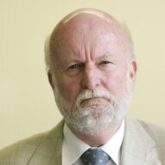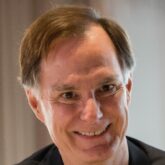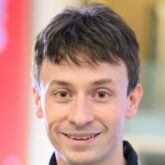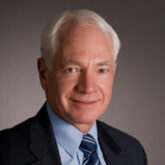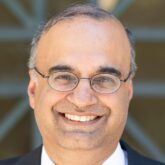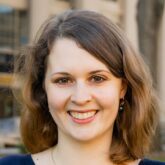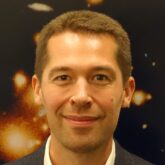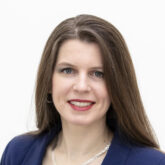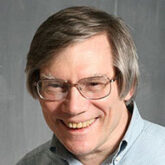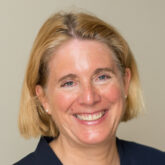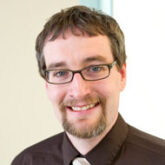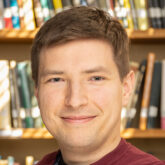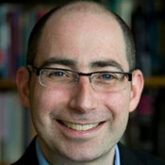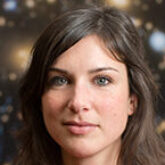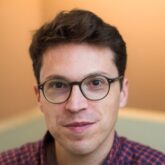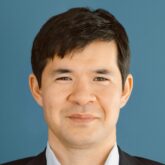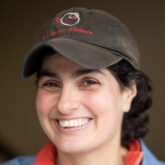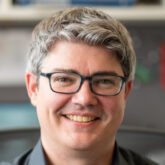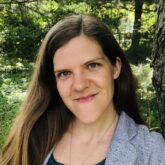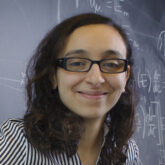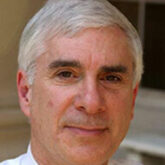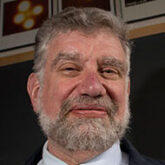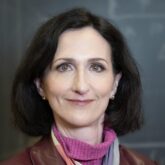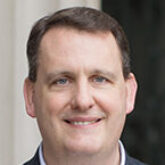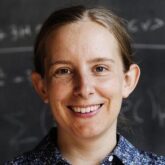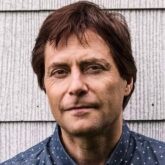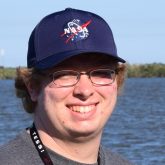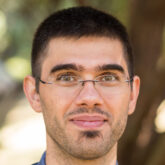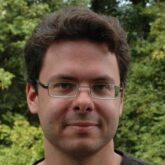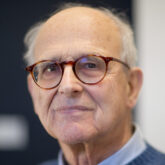Faculty
The MIT Physics Department is one of the best places in the world for research and education in physics. We have been ranked the number one physics department since 2002 by US News & World Report.
We honor the memory of esteemed members of the physics department community who have passed away, and remember their insight, creativity, collegiality, and dedication to excellence, under In Memoriam. Their contributions to scholarship, mentorship, and the department’s vibrant culture are deeply appreciated.
John Belcher
Class of 1922 Professor of Physics, Emeritus (1971-2021)
Research interests are within the areas of space plasma physics, in particular the interaction of the heliosphere with the local interstellar medium.
Edmund Bertschinger
Professor of Physics
Research in theoretical astrophysics, physics education, and in equity, diversity, and inclusion in the physical sciences and engineering.
Kevin Burdge
Assistant Professor of Physics
Observational astrophysicist studying compact binaries using time-domain and multi-messenger astrophysics and by developing high-speed instrumentation
Claude Canizares
Professor of Physics, Post-Tenure (1974-2024)
Research in galactic and extra-galactic high energy astrophysics.
Deepto Chakrabarty
William A. M. Burden Professor in Astrophysics
Department Head
Department Head
Research specialty is in high-energy astrophysics and the physics and astrophysics of neutron stars.
Anna-Christina Eilers
Assistant Professor of Physics
Observational cosmologist aiming to understand the formation and growth of supermassive black holes.
Matthew Evans
Mathworks Professor of Physics
Works on providing the designs and foundations for the next generation of gravitational wave detectors.
Anna Frebel
Professor of Physics
Division Head for Astrophysics
Division Head for Astrophysics
Best known for her discoveries and spectroscopic analyses of the oldest, most metal-poor stars in the Milky Way and small dwarf galaxies.
Alan Guth
Victor F. Weisskopf Professor of Physics
In 1981, he proposed that many features of our universe can be explained by a new cosmological model which he called inflation.
Jacqueline Hewitt
Julius A. Stratton Professor of Physics
Current research interests are in radio astronomy investigations of the Cosmic Dawn.
Scott Hughes
Professor of Physics
Professor Hughes' research is in astrophysical general relativity, focusing in particular upon black holes and gravitational-wave sources.
Mikhail Ivanov
Assistant Professor of Physics
Research focuses on large-scale structure, effective field theories, black holes, and astrophysical and cosmological data analysis.
David Kaiser
Professor of Physics
Germeshausen Professor of the History of Science (STS)
Germeshausen Professor of the History of Science (STS)
Research focuses on early-universe cosmology, foundations of quantum theory, and history of modern physics.
Erin Kara
Associate Professor of Physics
Class of 1958 Career Development Chair
Class of 1958 Career Development Chair
An observational astrophysicist, working to understand the physics behind how black holes grow and affect their environments.
Nuno Loureiro
Herman Feshbach (1942) Professor of Physics
Professor of Nuclear Science and Engineering
Director of MIT's Plasma Science and Fusion Center
Professor of Nuclear Science and Engineering
Director of MIT's Plasma Science and Fusion Center
Focuses on theory and simulations of astrophysical and laboratory plasmas.
Kiyoshi Masui
Associate Professor of Physics
Radio astronomer and cosmologist, whose work spans theory, data analysis, observations, and instrumentation.
Nergis Mavalvala
Curtis (1963) and Kathleen Marble Professor of Astrophysics
Dean, MIT School of Science
Dean, MIT School of Science
Focuses on the detection of gravitational waves and quantum measurement science.
Michael McDonald
Associate Professor of Physics
Focuses on the evolution of galaxies and clusters of galaxies, and the role that environment plays in dictating this evolution.
Sarah Millholland
Assistant Professor of Physics
Focuses on understanding the demographics, formation, and evolution of extrasolar planetary systems using data-driven dynamics.
Lina Necib
Assistant Professor of Physics
As a theoretical astroparticle physicist, I work on using Galactic dynamics to understand properties of Dark Matter.
Saul Rappaport
Professor of Physics, Emeritus
Interests centered on theoretical studies of the formation, evolution, and population synthesis of binary systems containing collapsed stars.
Paul Schechter
William A. M. Burden Professor of Astrophysics, Emeritus (1988-2017)
Played a major role in the development and implementation of the active optics system for the 6.5-m Magellan Telescopes.
Sara Seager
Professor of Physics
Professor of Aeronautics and Astronautics
Class of 1941 Professor of Planetary Science
Professor of Aeronautics and Astronautics
Class of 1941 Professor of Planetary Science
Current research interests are focused upon exoplanet atmospheres, interiors, and signs of life by way of exoplanet atmospheric biosignature gases.
Robert Simcoe
Francis L. Friedman Professor of Physics
Director, MIT Kavli Institute for Astrophysics and Space Research
Director, MIT Kavli Institute for Astrophysics and Space Research
Studies formation of the earliest stars and galaxies by constructing custom built spectrometers for major astronomical observatories.
Tracy Slatyer
Professor of Physics
Research focuses on dark matter - novel theoretical models, predicting observable signals, and analysis of astrophysical and cosmological datasets.
Max Tegmark
Professor of Physics
Research focuses on linking physics and machine learning: using AI for physics and physics for AI.
Andrew Vanderburg
Bruno B. Rossi Career Development Assistant Professor of Physics
Explores the use of machine learning, especially deep neural networks, in exoplanet detection.
Salvatore Vitale
Associate Professor of Physics
Focuses on data analysis for gravitational waves signals detected with the LIGO instruments.
Mark Vogelsberger
Professor of Physics
Uses of high-performance supercomputers to study structure and galaxy formation, dark matter physics, and large-scale hydrodynamical simulations.
Rainer Weiss
Professor of Physics, Emeritus
2017 Nobel Laureate
2017 Nobel Laureate
LIGO inventor shares 2017 Nobel Prize in Physics for direct detection of gravitational waves.
